On Monday, the government announced that Penny Mordaunt, the Minister for Women and Equalities as well as the Secretary of State for International Development, had appointed an advisory panel on LGBT health. Needless to say, it immediately attracted criticism on social media for being insufficiently diverse: the 12-person panel is 90 per cent white, 66 per cent male, etc.
I don’t subscribe to the dogma that the composition of official panels, boards, committees and so on should exactly mirror the UK population, but even by that logic those criticisms miss their target. The UK is 87 per cent white and BAME people are less likely to identify as LGBT, so it’s perfectly possible that around 90 per cent of the UK’s LGBT population is white. In addition, about 60 per cent of the LGBT population is male, according to the Office for National Statistics, so the over-representation of men on the panel isn’t a major scandal.
However, in one respect the critics have a point: a majority of the panellists are on the side of militant trans activists in the ongoing battle between them and gender critical feminists. For instance, the panel includes Ruth Hunt, the chief executive of Stonewall, a pro-gay rights group that has fully aligned itself with the trans lobby under Hunt’s leadership; Paul Martin, the CEO of the LGBT Foundation, which, according to the Mail on Sunday, supplies girls as young as 13 with breast–flattening devices without telling their parents; Ellen Murray, the executive director of Transgender Northern Ireland, who dismisses gender critical feminists as Terfs (trans exclusionary radical feminists); James Morton of the Scottish Trans Alliance, which has been accused of promoting ‘trans ideology’ in schools; and Lewis Turner, the chief executive of Lancashire LGBT and an advisor to Mermaids, the controversial charity that campaigns for children to have access to sexual reassignment surgery. According to a prominent feminist on Twitter, nine of the 12 panellists are in the trans activist camp.
One of the appointees is S. Chelvan, the barrister who’s been acting for a trans campaigner in a private prosecution against Linda Bellos, the former leader of Lambeth council, who opposes the inclusion of transgender candidates on Labour’s all-women shortlists. (Bellos is accused of using threatening language about trans women at a feminist conference.) In a recent Q&A on Mumsnet, Mordaunt said it was important that the ‘open discussion of trans issues’ is not ‘suppressed’, so the inclusion of this lawyer is an odd choice.
Admittedly, the cab-rank system means he doesn’t necessarily sympathise with his client’s views, but a brief perusal of his chambers’ website suggests he does. He is described as an expert on ‘human rights claims based on… gender identity and expression’ and is a Stonewall ambassador. Last year, Stonewall was criticised in a letter to the Times signed by leading members of the LGBT community for demonising as ‘transphobic’ anyone who dissents from trans orthodoxy in debates about women’s rights.
The conflict between the trans lobby and gender critical feminists has focused on reforms to the Gender Recognition Act (GRA), which the government held a consultation about last year. If the changes go ahead, it will become less cumbersome for trans people to legally change their gender, and some feminists worry that this will make it easier for biological males to gain access to women-only spaces, such as domestic violence refuges. As the minister overseeing the consultation, Mordaunt has a duty to consider both sides in this debate, but her choice of appointees suggests she has already made up her mind. As it is, she is on record as saying she regards trans women as women.
Mordaunt is not alone among Conservative MPs in holding this view. It’s one of the peculiarities of this government that it has lined up with militant trans activists, even though a YouGov poll last year found that only 18 per cent of the population approved of the proposed changes to the GRA, falling to just 13 per cent of Tory voters. Why?
The only explanation I can think of is that Conservative politicians, particularly those with leadership ambitions like Mordaunt, are terrified of repeating the party’s mistake on Section 28 and don’t want to start out on the wrong side of this argument. But this isn’t a straightforward issue of recognising the rights of a beleaguered minority; rather, it’s a matter of balancing competing rights and should be approached with caution. So far, Mordaunt has got this badly wrong and her new panel suggests she will continue to do so.
Got something to add? Join the discussion and comment below.
Get 10 issues for just $10
Subscribe to The Spectator Australia today for the next 10 magazine issues, plus full online access, for just $10.
You might disagree with half of it, but you’ll enjoy reading all of it. Try your first month for free, then just $2 a week for the remainder of your first year.


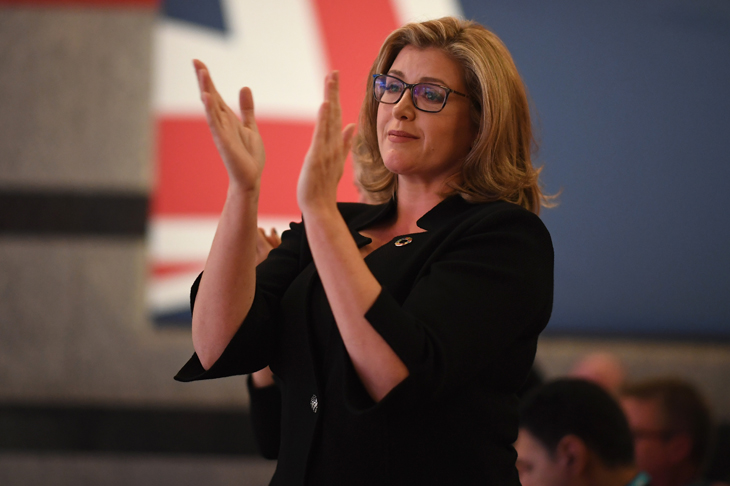

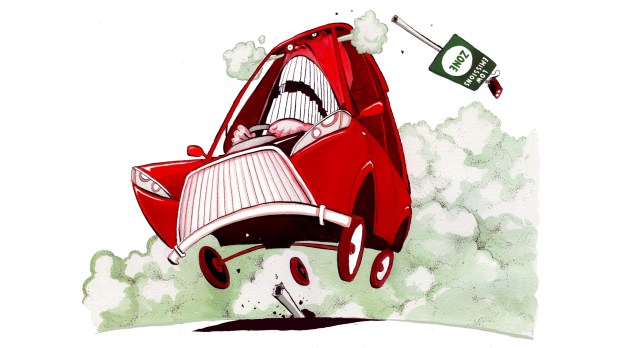
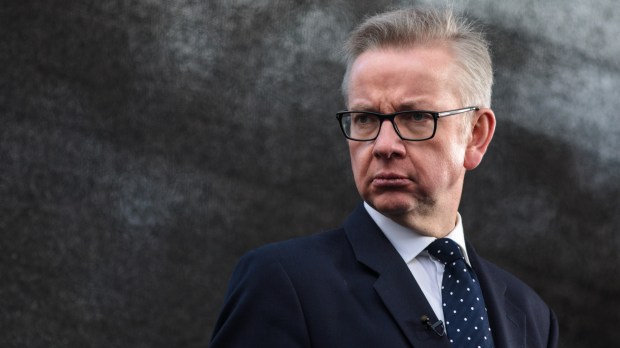
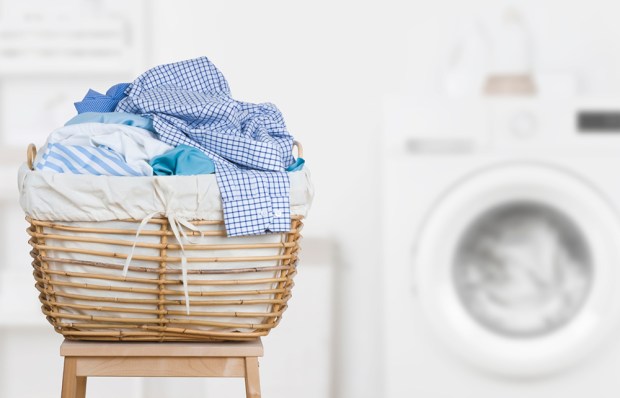
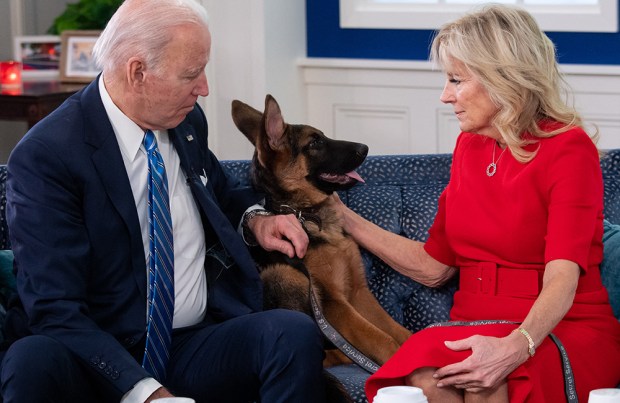
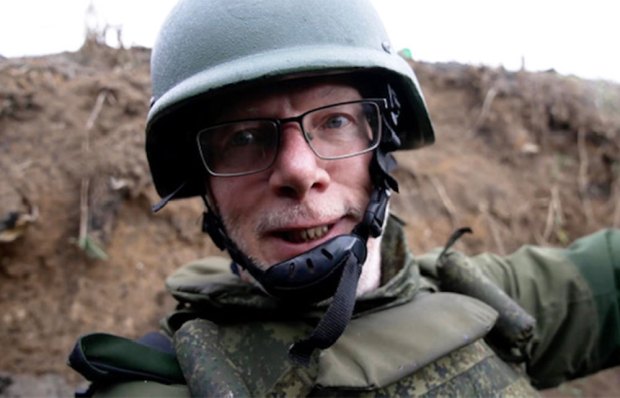






Comments
Don't miss out
Join the conversation with other Spectator Australia readers. Subscribe to leave a comment.
SUBSCRIBEAlready a subscriber? Log in